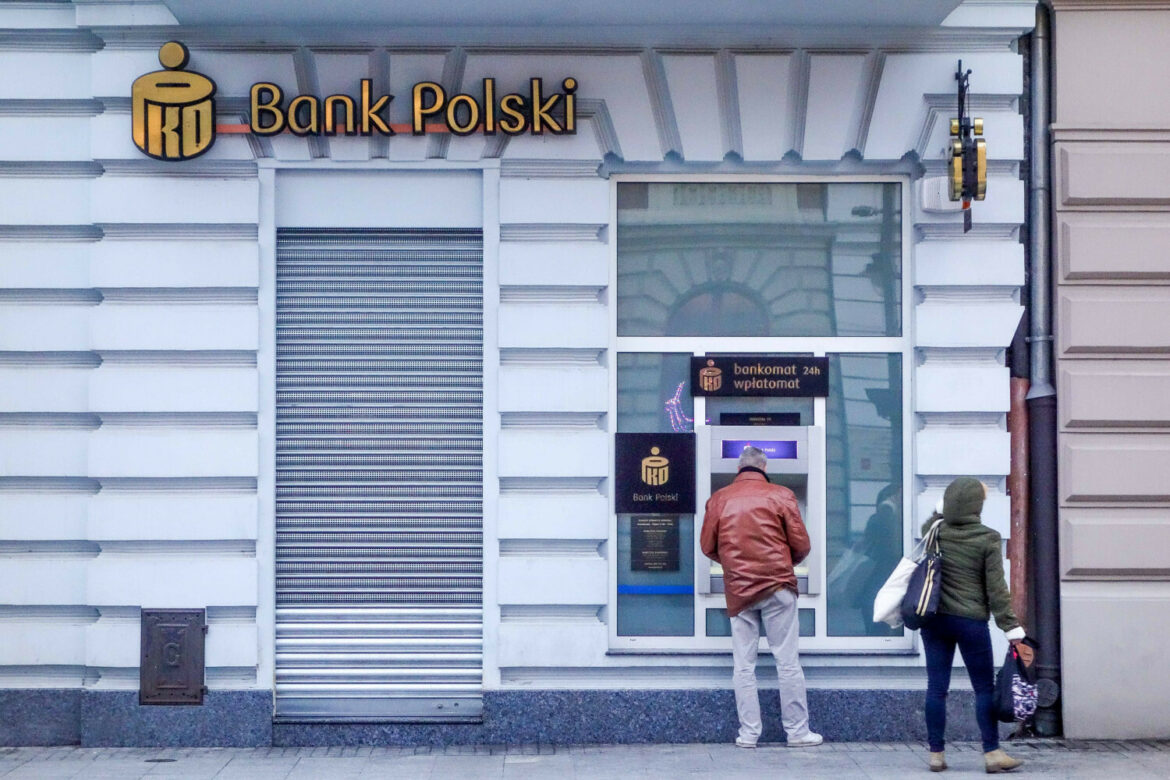PKO Bank Polski has already automated 185 business processes and its robots have performed over 100 million tasks. In the near future, the automation of business processes at PKO Bank Polski will accelerate, and the tools will gain new opportunities in recognition, analysis and classification of text, image processing and machine learning.
Robotic Process Automation is one of the fastest-growing technologies in the world. Over the last five years, it has become an international standard, used by the most modern companies. According to Gartner’s studies, the global value of RPA solutions at the end of 2021 was nearly USD 2 billion. Research companies are convinced that over the next two years, the number of RPA solutions in the largest companies will triple.
At PKO BP, robots recreate an employee’s manual activities according to a strictly defined algorithm and business logic. Such solutions using the robotization of business processes have been involved to support the granting of subsidies to companies under the anti-crisis shields of the Polish Development Fund or to verify the completeness of collateral for mortgage loans. They are also used in supporting credit risk processes, where they help in the analysis of databases with hundreds of thousands of records. Recently, the works have also been responsible for informing customers of PKO Ubezpieczenia about arrears in premium payments.
“By combining the Robotization of Business Processes with solutions such as BMPS, No Code, Low Code, Big Data, Data Mining or Artificial Intelligence, robotization allows users to automate more complex tasks, thus bringing them closer to the so-called intelligent process automation”, emphasizes Arkadiusz Szot, director of the Service and Operations Development Office at PKO Bank Polski.
The bank states, that the 2022 year will bring the technological revolution. Its foundation will be the progressive hypherautomation, which assumes an increase in the number of automated processes within the PKO Bank Polski Capital Group, the creation and provision of new business services and even deeper support for digital transformation.
Adrian Andrzejewski





